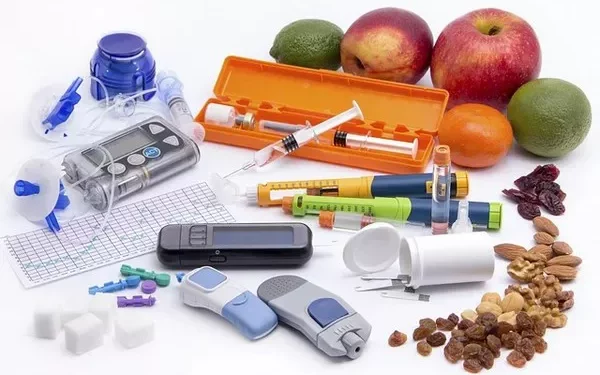Recent research conducted by the German Institute of Human Nutrition Potsdam-Rehbruecke (DIfE) and the German Center for Diabetes Research (DZD) has provided new insights into the molecular changes that occur in skeletal muscle following bariatric surgery. This study, published in Diabetes & Metabolism, focuses on the differences in molecular adaptations between individuals with obesity (OB) and those with both obesity and type 2 diabetes (T2D).
Bariatric surgery, a well-known intervention for obesity, promotes significant weight loss by altering the digestive system. This surgery is particularly effective for individuals who have not been able to achieve long-term weight loss through diet and exercise alone. It is also associated with improvements in metabolic health, including the remission of type 2 diabetes. However, the extent to which epigenetic alterations in skeletal muscle—such as DNA methylation—can be reversed through bariatric surgery has been unclear until now.
Study Design and Objectives
The interdisciplinary DZD team, including researchers Leona Kovac, Annette Schürmann, and Meriem Ouni from DIfE, along with Sabine Kahl and Michael Roden from the German Diabetes Center (DDZ), investigated the impact of surgically induced weight loss on the metabolic, transcriptional, and epigenetic changes in skeletal muscle. The study utilized a comprehensive bioinformatic approach to explore the molecular and metabolic adaptations in individuals with and without T2D.
The research involved a subset of participants from the BARIA_DDZ cohort study, which monitors individuals over five years following bariatric surgery. The focus of this study was on the first year after surgery, examining 13 male participants with obesity and 13 participants with both obesity and T2D. These participants underwent extensive metabolic and anthropometric investigations, including muscle biopsies, both before surgery and one year after.
Key Findings: Distinct Molecular Responses
The study revealed distinct molecular responses in skeletal muscle between obese individuals and those with additional T2D following bariatric surgery. Prior to surgery, participants with T2D exhibited higher fasting glucose and insulin levels and lower insulin sensitivity compared to those with only obesity.
Post-surgery, the improvements in metabolic health were more significant in the obese group. This was reflected in differential gene expression patterns related to insulin signaling, intracellular signal transduction, and oxidative phosphorylation. However, participants with T2D showed alterations primarily in genes associated with ribosome and spliceosome pathways. Their changes in DNA methylation were less pronounced, potentially linked to altered expression of a T2D risk gene involved in demethylation processes.
Implications for Tailored Therapies
These findings underscore the importance of understanding the molecular adaptations that occur in skeletal muscle after bariatric surgery, particularly in individuals with T2D. The study suggests that epigenetic mechanisms, such as DNA methylation, play a crucial role in mediating these responses and predicting health outcomes.
Dr. Ouni highlighted the significance of these findings, stating, “Our study suggests that epigenetic mechanisms play a crucial role in mediating these responses and predicting the health outcome.”
Looking ahead, Prof. Dr. Schürmann, Head of the Department of Experimental Diabetology at DIfE, emphasized the need for further research: “Our future research will investigate the molecular mechanisms underlying changes in DNA hydroxymethylation and its potential function in skeletal muscle post-surgery. Furthermore, we aim to validate specific candidates identified by the bioinformatic approach as potential therapeutic targets in muscle.”
This research holds promise for developing tailored therapeutic approaches for individuals with different metabolic profiles, potentially improving the outcomes of bariatric surgery for those with T2D.
Related topics:
Top Cookbooks for Managing Diabetes: Delicious Recipes for Optimal Glucose Control
War’s Ripple Effect: Conflict in Ukraine May Surge Global Diabetes Cases

























